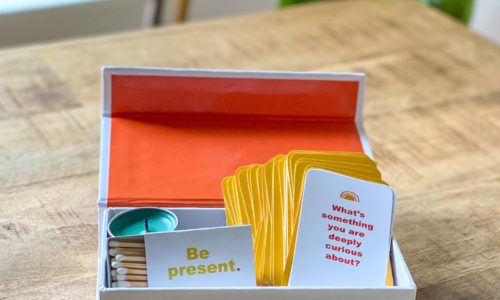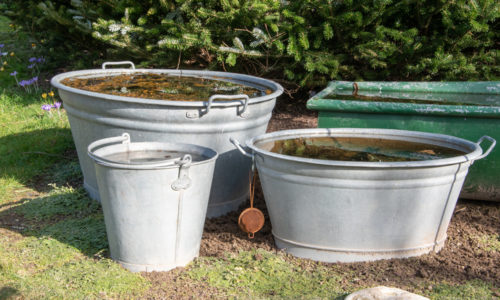Scene 1: Doctor’s office. I am seeking professional help for an issue with one of my children.
After giving me highly a detailed diagnosis, prognosis and options for treatment including medication, he put his files down, took his glasses off and said, “but the truth is, time will heal this. Getting a doctor’s help is the conservative route and people tend to be conservative with healthcare, but these things usually heal over time.”
Scene 2: Corner table at hole-in-the-wall Mexican restaurant.
A dear friend who is also a well-known surgeon and I are talking about the conversation noted above. He confided, “The truth is, we can fix only about 10% of cases we are presented with; the other 90% would heal themselves anyway, or not – even with treatment.” So, no more queso?
Scene 3: Acton Academy staff meeting in the conference room.
When do you intervene with an Eagle? When do you not intervene? What factors determine your intervention? What is your thought process each time? How long do you wait to ask questions? When do you bring in other Eagles to help?
Our lead guide is graphing her decision-tree so we can better equip guides around the world in the Socratic Method. The most common “branch” in her tree of scenarios leads to this one action: Wait.
The guides share stories and we conclude that about 90% of the time, when we step back one more time and resist intervention, the Eagles figure it out on their own.
What has been my Lesson Learned this session?
I’m a little late in life to be learning such a central lesson for life, parenting, and marriage but here it is: Slow play it.
The decisive, proactive choice of waiting and giving things time is powerful. It is not passive or weak. It, in fact, takes much more strength than jumping in to solve problems which is probably why I have resisted it for so long.
One of my key mentors, Laurie T. Haddow, who is also a child and family therapist, helped me better understand the power of Slow Play:
“Slow play is a practical way of letting go. It all works out, in the end. Slow play is a good way to temper my controlling nature.
Slow play is a way of staying in the present and not allowing future-mindedness to spoil the gift of the present time. Time will happen. Things will unfold. Enjoy the now.
As a home manager, today’s practical role for most women, I realize that if I allow things to unfold naturally, and get out of the way, others can learn, struggle, problem-solve, and develop their sense of self. Slow playing takes me out of a micromanaging role and empowers others to figure it out. This, ultimately, equips children and more passive people with better life skills, and helps them grow abundantly more.”
My life lesson can lead to abundant growth in others? I have found a treasure with this lesson because this is what I dream of for my children – abundant growth in mind and heart.
Thus, I step forward into waiting.


